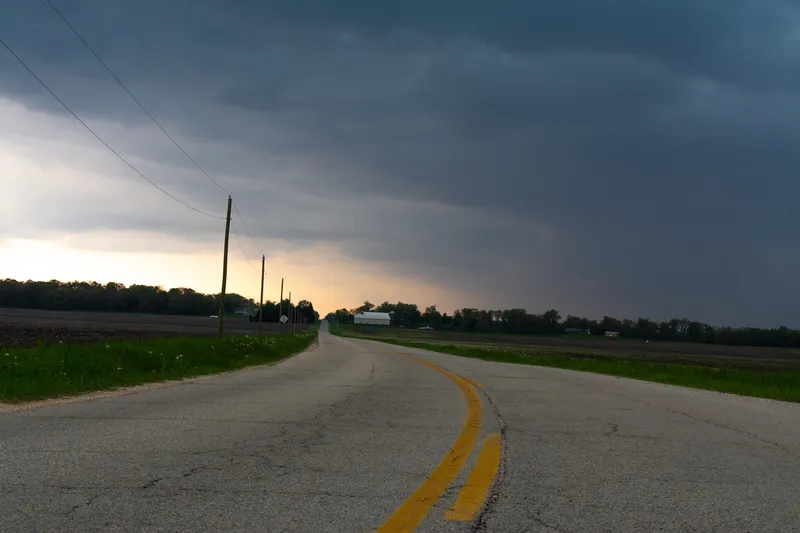The California High-Speed Rail project, which aims to connect the mega-regions of the state, contribute to economic development and a cleaner environment, create jobs and preserve agricultural and protected lands, was dealt a serious blow when Judge Michael Kenny of the Sacramento Superior Court ruled that the California High-Speed Rail Authority "abused its discretion by approving a funding plan that did not comply with the requirements of the law."
August 27, 2013
Read time: 2 mins
The California High-Speed Rail project, which aims to connect the mega-regions of the state, contribute to economic development and a cleaner environment, create jobs and preserve agricultural and protected lands, was dealt a serious blow when Judge Michael Kenny of the Sacramento Superior Court ruled that the California High-Speed Rail Authority "abused its discretion by approving a funding plan that did not comply with the requirements of the law."
The judge agreed with Kings County officials who argued that there should be a full environmental impact report (EIR) for the first stretch of the line before any work can begin. While the authority is close to completing the EIR on the whole segment, the judge's more damning ruling was about funding: The initiative "required the Authority to identify sources of funds that were more than merely theoretically possible, but instead were reasonably expected to be actually available when needed," Kenny said in his ruling. "The state's business plan identifies only potential funding, without commitments, agreements or authorisations,” he said.
Kenny is allowing work to start on the train, which is already seriously delayed, but he scheduled future hearings to decide how the violations can be addressed.
By 2029, the train is projected to run from San Francisco to the Los Angeles basin in under three hours at speeds capable of over 200 miles per hour. The system will eventually extend to Sacramento and San Diego, totalling 800 miles with up to twenty-four stations. In addition, the Authority is working with regional partners to implement a state-wide rail modernisation plan that will invest billions of dollars in local and regional rail lines to meet the state’s 21st century transportation needs.
The judge agreed with Kings County officials who argued that there should be a full environmental impact report (EIR) for the first stretch of the line before any work can begin. While the authority is close to completing the EIR on the whole segment, the judge's more damning ruling was about funding: The initiative "required the Authority to identify sources of funds that were more than merely theoretically possible, but instead were reasonably expected to be actually available when needed," Kenny said in his ruling. "The state's business plan identifies only potential funding, without commitments, agreements or authorisations,” he said.
Kenny is allowing work to start on the train, which is already seriously delayed, but he scheduled future hearings to decide how the violations can be addressed.
By 2029, the train is projected to run from San Francisco to the Los Angeles basin in under three hours at speeds capable of over 200 miles per hour. The system will eventually extend to Sacramento and San Diego, totalling 800 miles with up to twenty-four stations. In addition, the Authority is working with regional partners to implement a state-wide rail modernisation plan that will invest billions of dollars in local and regional rail lines to meet the state’s 21st century transportation needs.








